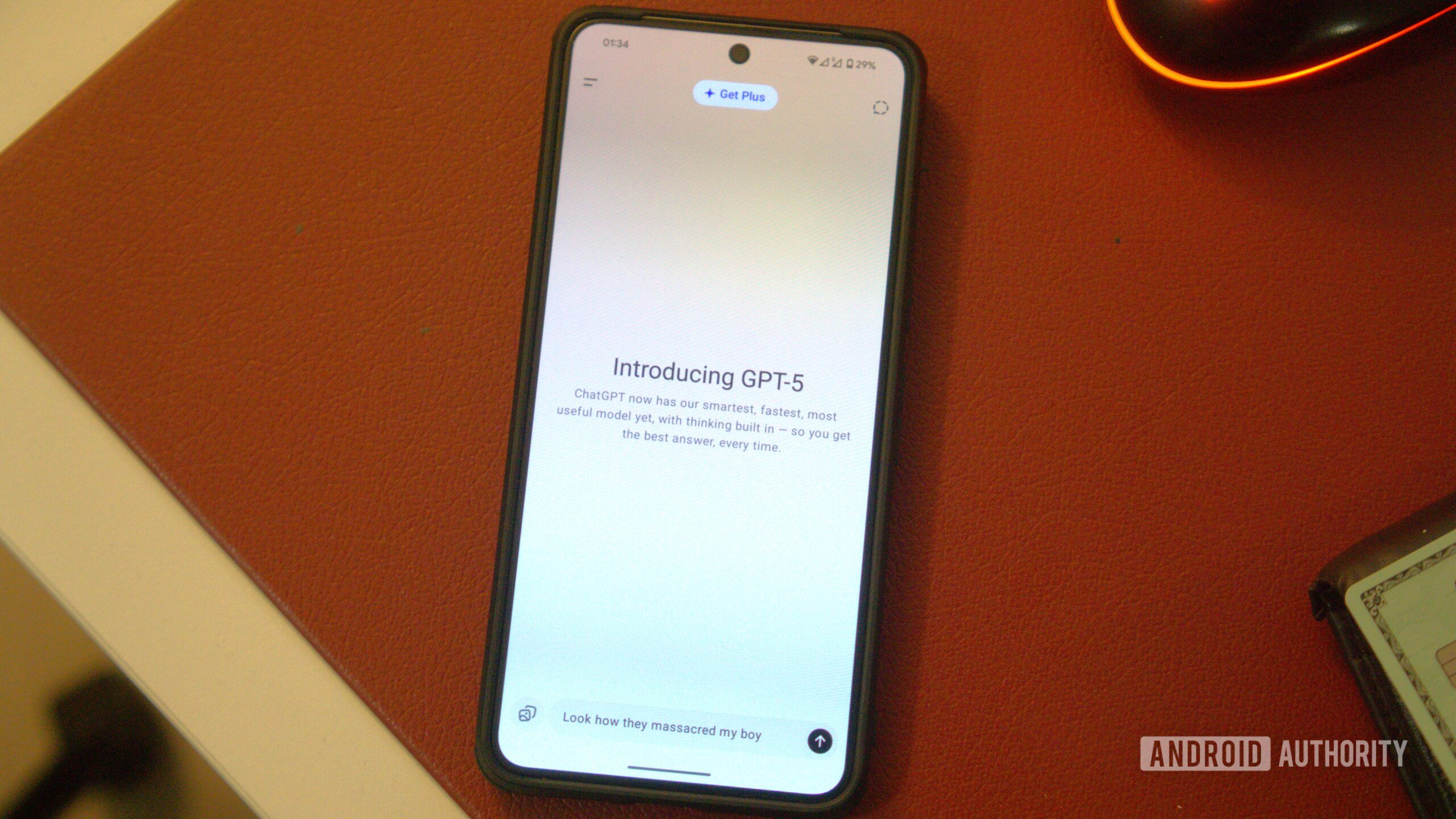Anthropic has scored a major victory in an ongoing legal battle over artificial intelligence models and copyright, one that may reverberate across the dozens of other AI copyright lawsuits winding through the legal system in the United States. A court has determined that it was legal for Anthropic to train its AI tools on copyrighted works, arguing that the behavior is shielded by the “fair use” doctrine, which allows for unauthorized use of copyrighted materials under certain conditions.
“The training use was a fair use,” senior district judge William Alsup wrote in a summary judgement order released late Monday evening. In copyright law, one of the main ways courts determine whether using copyrighted works without permission is fair use is to examine whether the use was “transformative,” which means that it is not a substitute for the original work but rather something new. “The technology at issue was among the most transformative many of us will see in our lifetimes,” Alsup wrote.
“This is the first major ruling in a generative AI copyright case to address fair use in detail,” says Chris Mammen, a managing partner at Womble Bond Dickinson who focuses on intellectual property law. “Judge Alsup found that training an LLM is transformative use—even when there is significant memorization. He specifically rejected the argument that what humans do when reading and memorizing is different in kind from what computers do when training an LLM.”
The case, a class action lawsuit brought by book authors who alleged that Anthropic had violated their copyright by using their works without permission, was first filed in August 2024 in the US District Court for the Northern District of California.
Anthropic is the first artificial intelligence company to win this kind of battle, but the victory comes with a large asterisk attached. While Alsup found that Anthropic’s training was fair use, he ruled that the authors could take Anthropic to trial over pirating their works.
While Anthropic eventually shifted to training on purchased copies of the books, it had nevertheless first collected and maintained an enormous library of pirated materials. “Anthropic downloaded over seven million pirated copies of books, paid nothing, and kept these pirated copies in its library even after deciding it would not use them to train its AI (at all or ever again). Authors argue Anthropic should have paid for these pirated library copies. This order agrees,” Alsup writes.
“We will have a trial on the pirated copies used to create Anthropic’s central library and the resulting damages,” the order concludes.
Anthropic did not immediately respond to requests for comment. Lawyers for the plaintiffs declined to comment.
The lawsuit, Bartz v. Anthropic was first filed less than a year ago; Anthropic asked for summary judgement on the fair use issue in February. It’s notable that Alsup has far more experience with fair use questions than the average federal judge, as he presided over the initial trial in Google v. Oracle, a landmark case about tech and copyright that eventually went before the Supreme Court.











